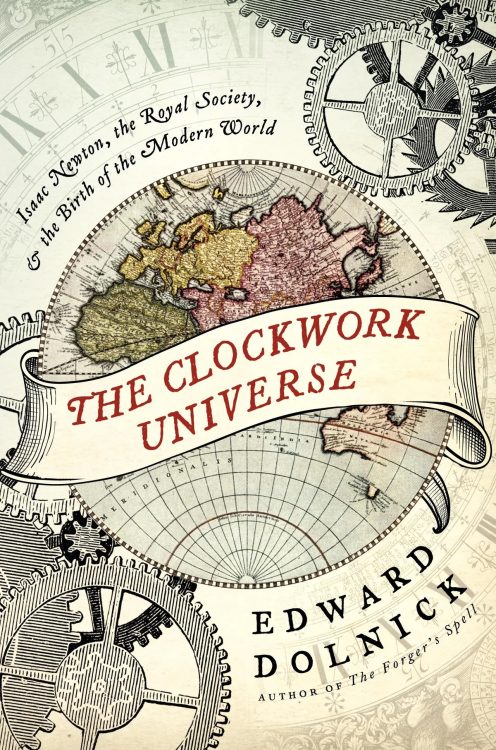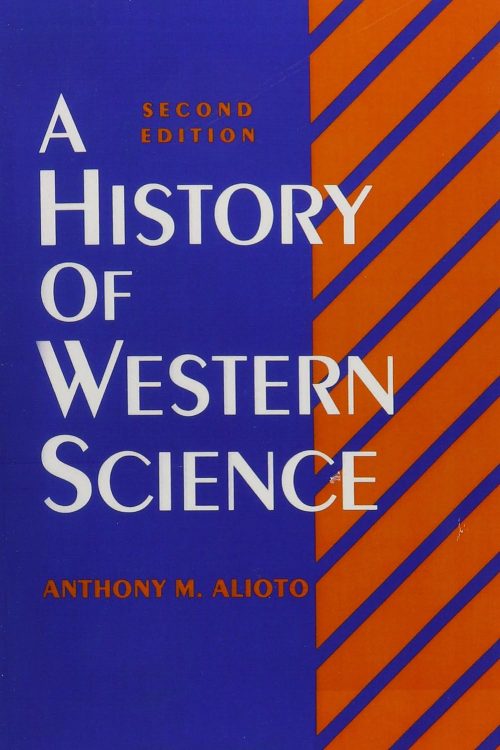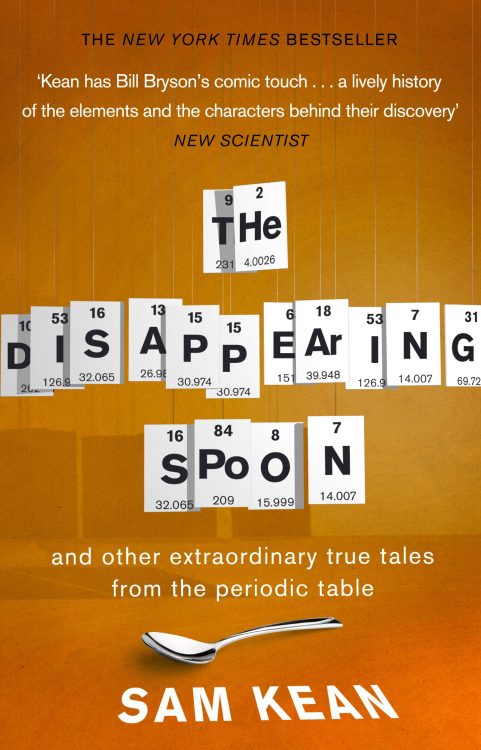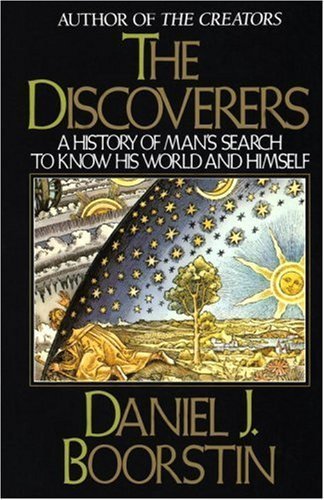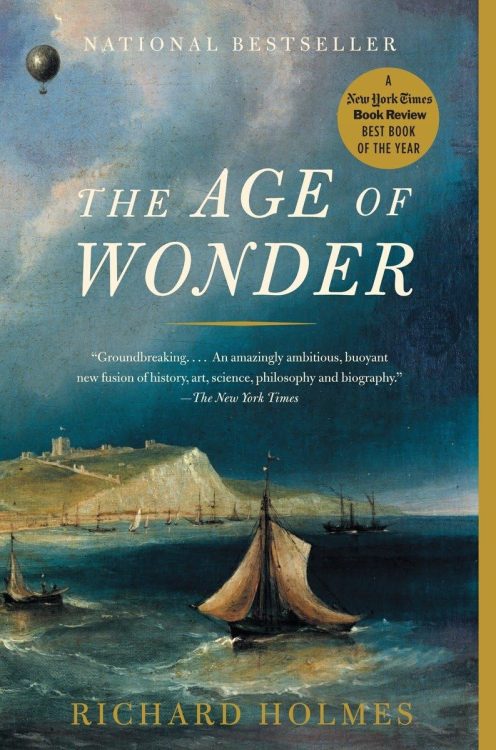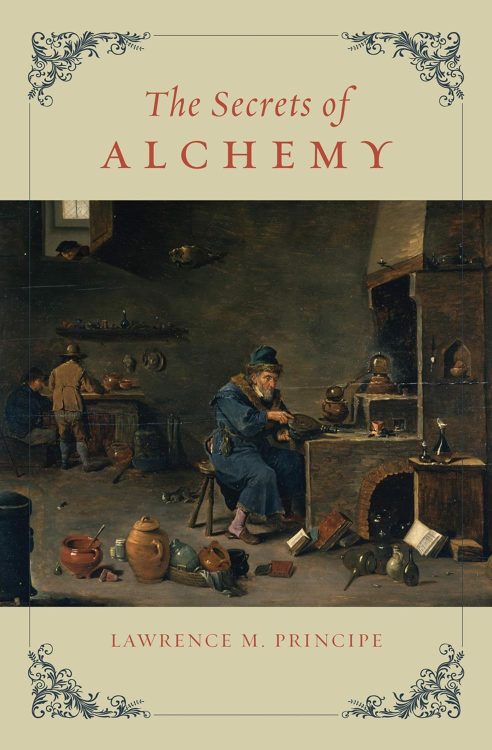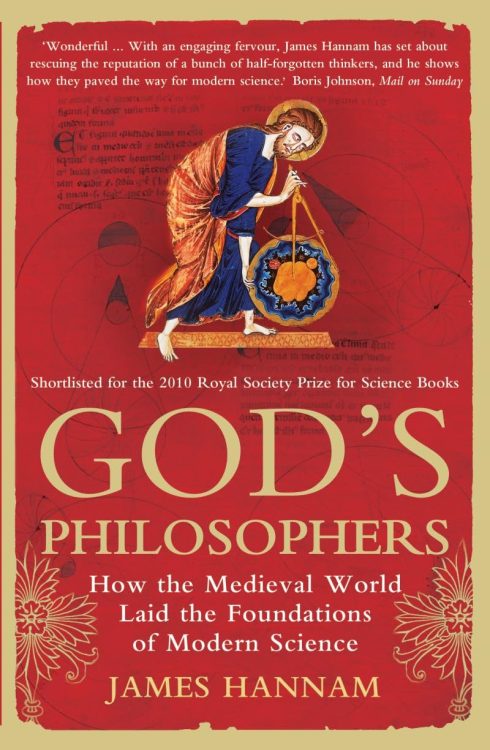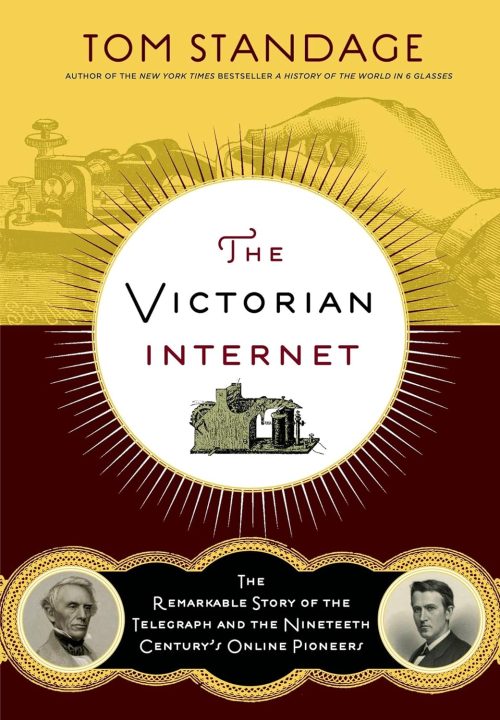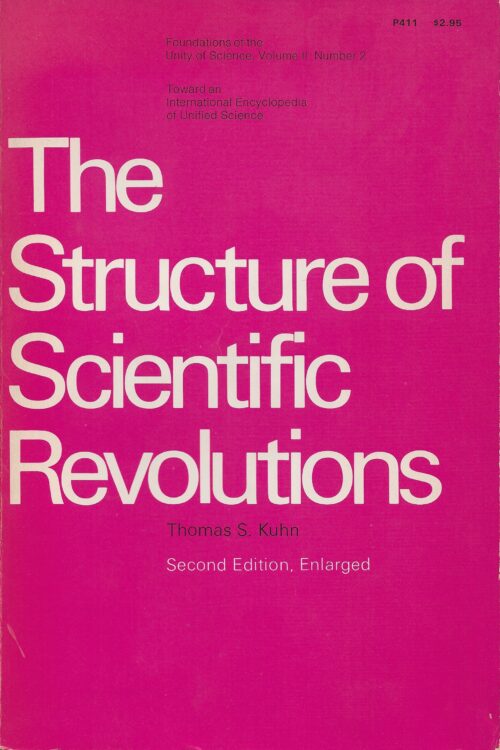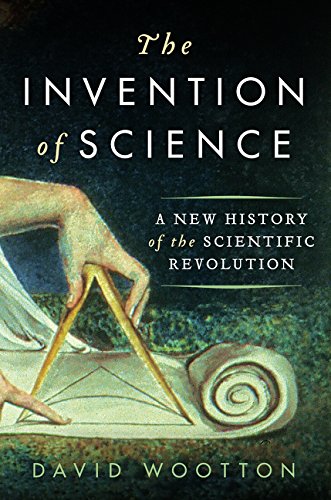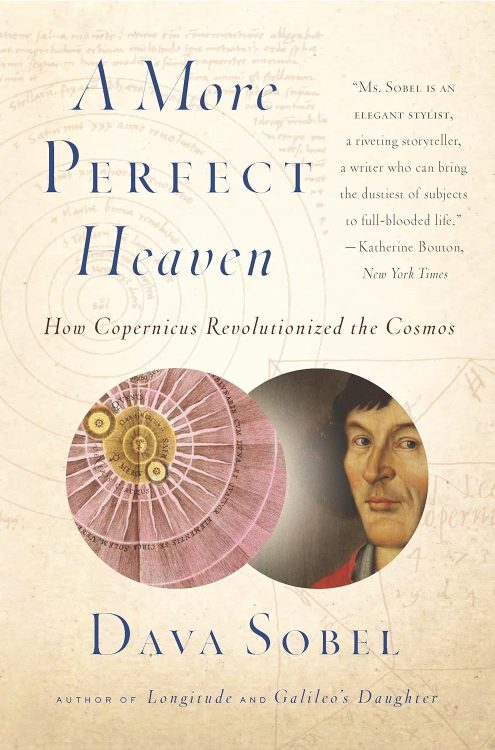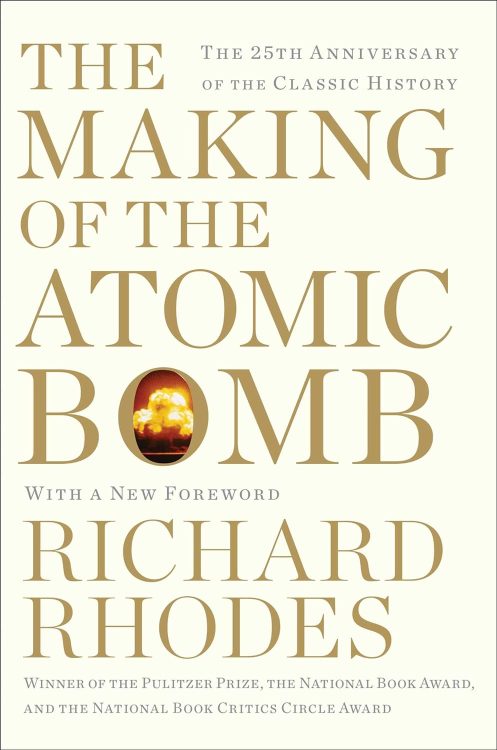A History of the Sciences offers an expansive and rigorous exploration into how human understanding of science has evolved from its embryonic stages in ancient civilizations to the sophisticated tapestry of knowledge we see today.
At its core, the book grapples primarily with the advancement of scientific thought and methodology through the ages. The author deftly navigates through the early curiosities and astronomical quandaries of ancient Babylonians to the meticulous empirical observations of the Renaissance, and eventually onto the frontiers of quantum physics and beyond. Reflecting on modernity, the book confronts how today’s cultural pulse and technological innovation shape—and often expedite—scientific exploration and acceptance.
A History of the Sciences stands out for its depth of research and its panoramic perspective. Not satisfied with simply cataloging historical events, the author penetrates the very ethos of each era, questioning how cultural mores and worldviews steered the directions and fates of scientific breakthroughs. This is a narrative that does not shy away from the complex interplay between science and society—a dynamic that is both shaped by and shapes the generation of knowledge.
A History of the Sciences charges into the nuances of paradigm shifts, digging into the minds of key figures whose sparks of genius altered the trajectory of human knowledge. It’s a study of brilliant minds straddling the line between heresy and visionary insight, of knowledge gained not solely by success but often through the instructive power of failure and misunderstanding.
With elegant prose, A History of the Sciences elucidates the often-mysterious nature of scientific discovery, making it accessible and riveting. However, readers may find portions heavy with technical jargon, a small hurdle for those less scientifically inclined. Still, the author takes great care to weave explanation into the narrative fabric, which aids comprehension and enriches the story being told.
Today’s scientific efforts are painted against the backdrop of urgent global issues and technological prowess, making “A History of the Sciences” incredibly timely. One can’t help but reflect on the social responsibilities and ethical boundaries of those who wield the double-edged sword of knowledge in an age where information is both currency and power.
“A History of the Sciences” is a heavyweight champion in the genre of historical non-fiction. Both grand in scale and meticulous in detail, it carves out a clear path through the tangled undergrowth of scientific progress, providing readers with insights not only into the milestones of scientific achievement but into the very DNA of discovery itself. This book should find a deserving place on the shelves of students, educators, and anyone with a vested interest in the chronicles of human understanding.
For curious minds and stargazers, for those who dare to dream big and question deeper, “A History of the Sciences” is more than a book—it’s a pilgrimage through the annals of our quest for knowledge. And what a profoundly fascinating pilgrimage it is.


